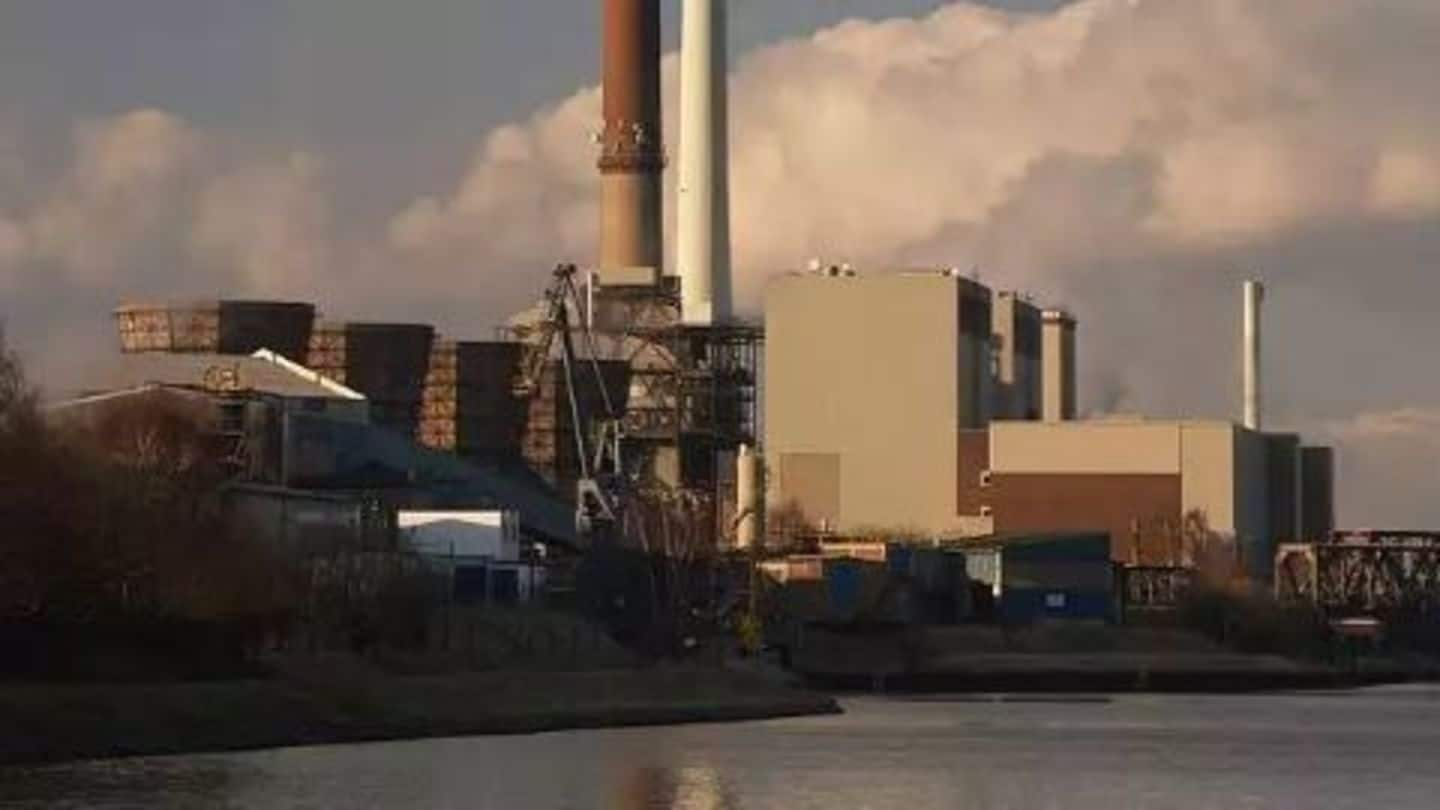
Govt approves coal linkage policy
What's the story
The Union Cabinet approved a new way of awarding coal linkages, giving greater discretionary powers to the states.
State governments or state-nominated agencies will be assigned coal blocks according to their aggregate coal requirements.
The state will then award the coal linkages to power plants based on the need, efficiency and cost of power.
This will help improve transparency and reduce power costs.
Information
What is coal linkage?
Coal linkage refers to the linkage of coal from coal mines to the thermal power plants so as to ensure that the power plant has an assured coal supply, which is necessary for generating power.
29 Feb 2016
Power companies await coal linkage policy
Power companies had asked the power ministry to come up with a coal linkage policy soon.
According to the companies, the previous coal linkage policy announced by the last UPA government had covered 78,000MW of power plants which were to become operational by 31st March 2015.
However, there was no coal linkage for another 78,000MW capacity, which would become operational after FY2015-16.
Need
No coal linkage leads to uncertainty for producers
In the absence of a coal linkage policy, the coal was provided to the power plants on "as is where is" basis or through e-auction.
These mechanisms cannot substitute long-term coal linkages as power producers need an assured supply to quote power prices.
Moreover, the power purchase agreements which the power producers sign to sell the produced power, require mandatory disclosure of coal availability.
Provisions
Central Electricity Authority to regulate linkages
The new coal linkage policy allows coal swaps from inefficient plants to efficient plants and also from plants situated away from the coal mine to those situated near it.
The criteria for establishing coal linkages will be power plant efficiency, coal transportation cost, power transmission charges, and overall power cost.
The Central Electricity Authority will be responsible for designing and implementation of the linkages.
Personal
Different criteria for private power producers
The private-owned Independent Power Plants (IPP), however, will have to bid for coal linkages, based on the location of the source of coal, the quantity of coal, amount of power, and delivery point for receipt of power.
Advantages
Coal linkage policy will optimise coal availability
The government's decision will optimise the coal transportation cost and time, thus, saving energy used for transportation of coal.
It is environment-friendly and helps in reducing emissions and congestion of railway networks.
Moreover, it will ensure that the mismatch in demand and supply of coal i.e. cases where efficient plants have shortages of coal and lower capacity plants have higher stocks, is rectified.